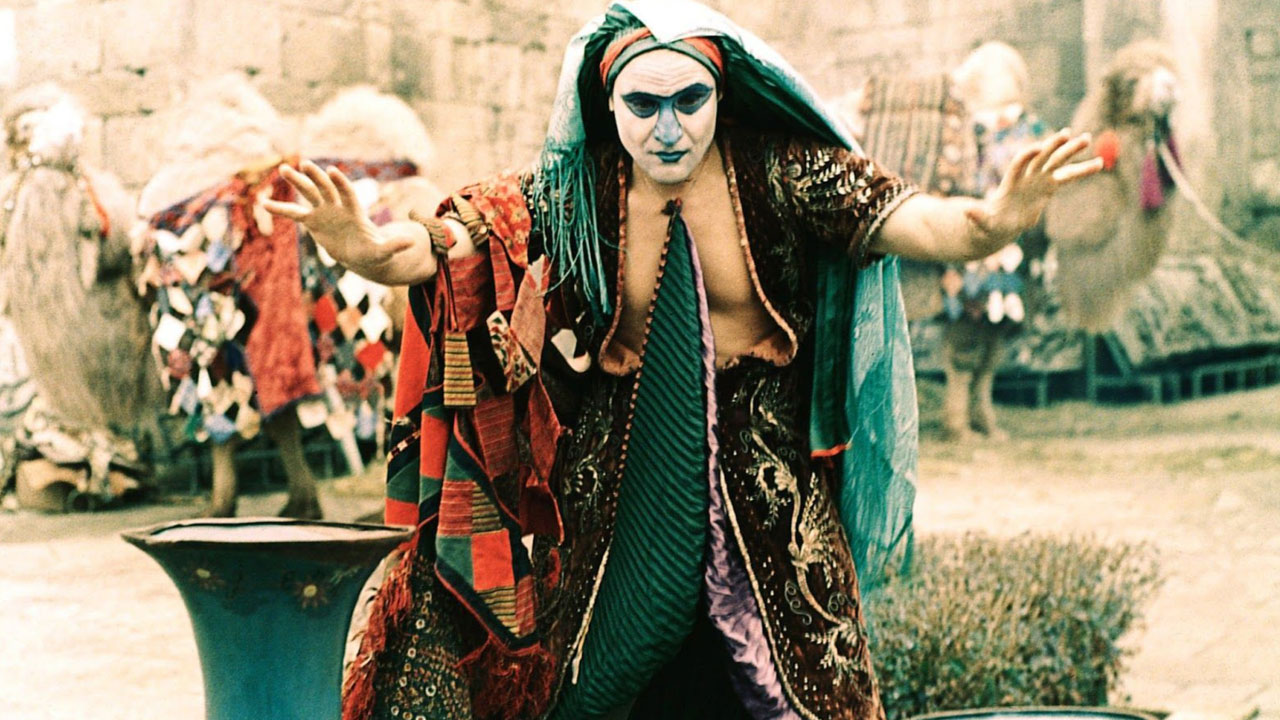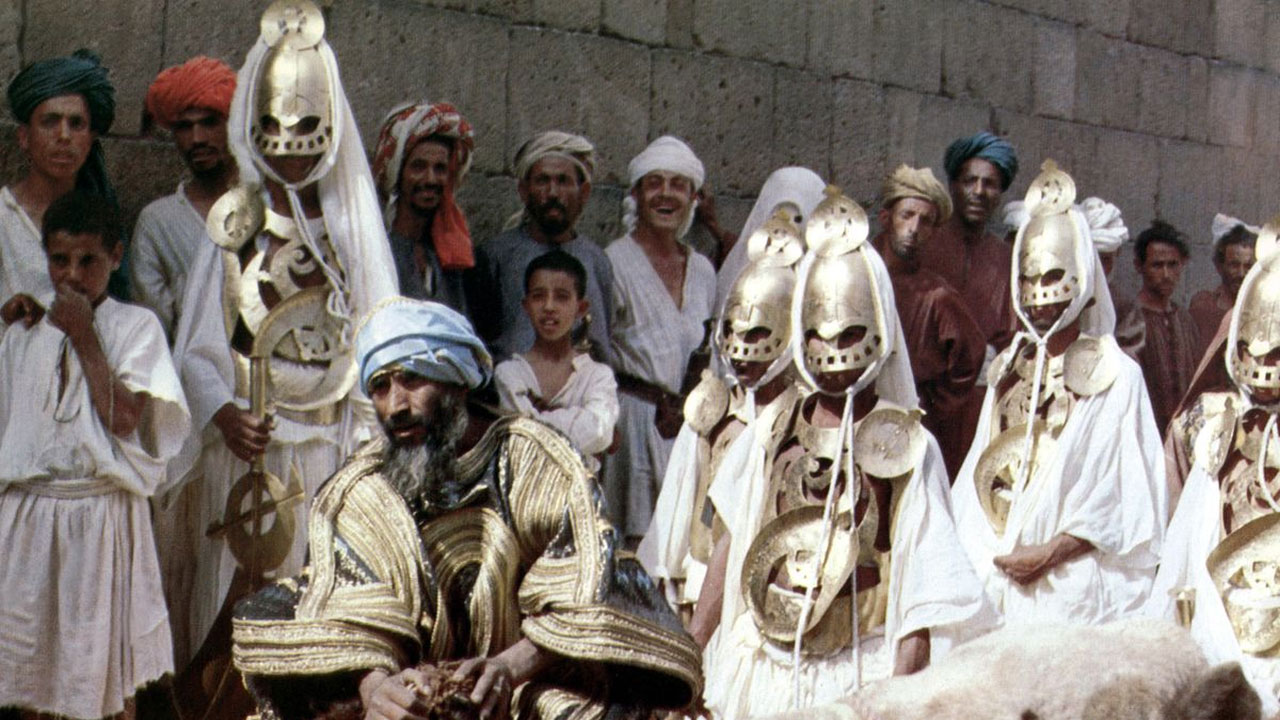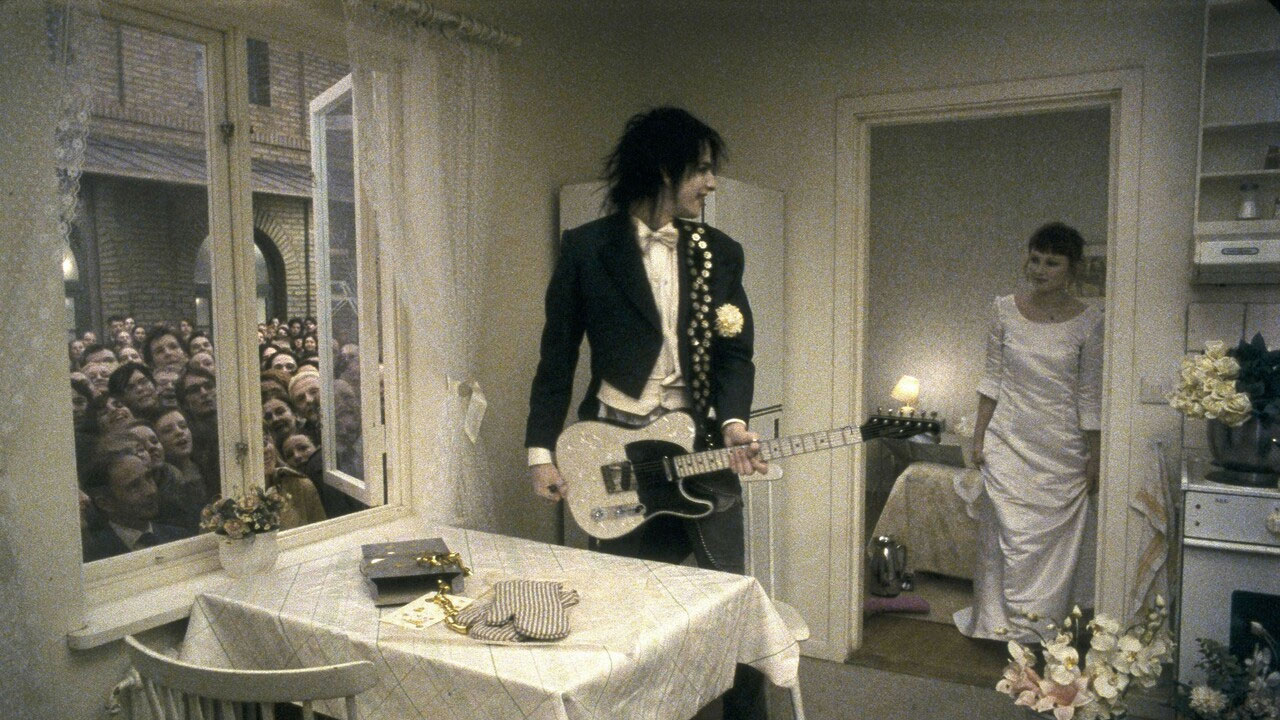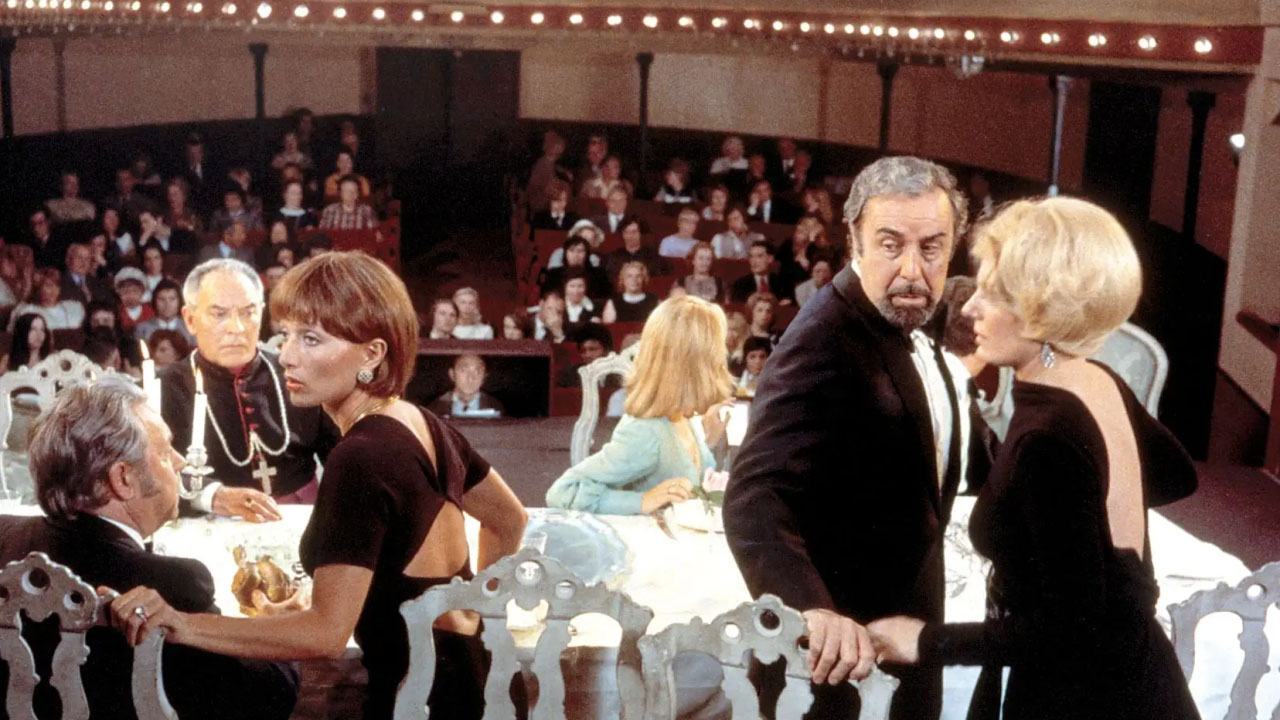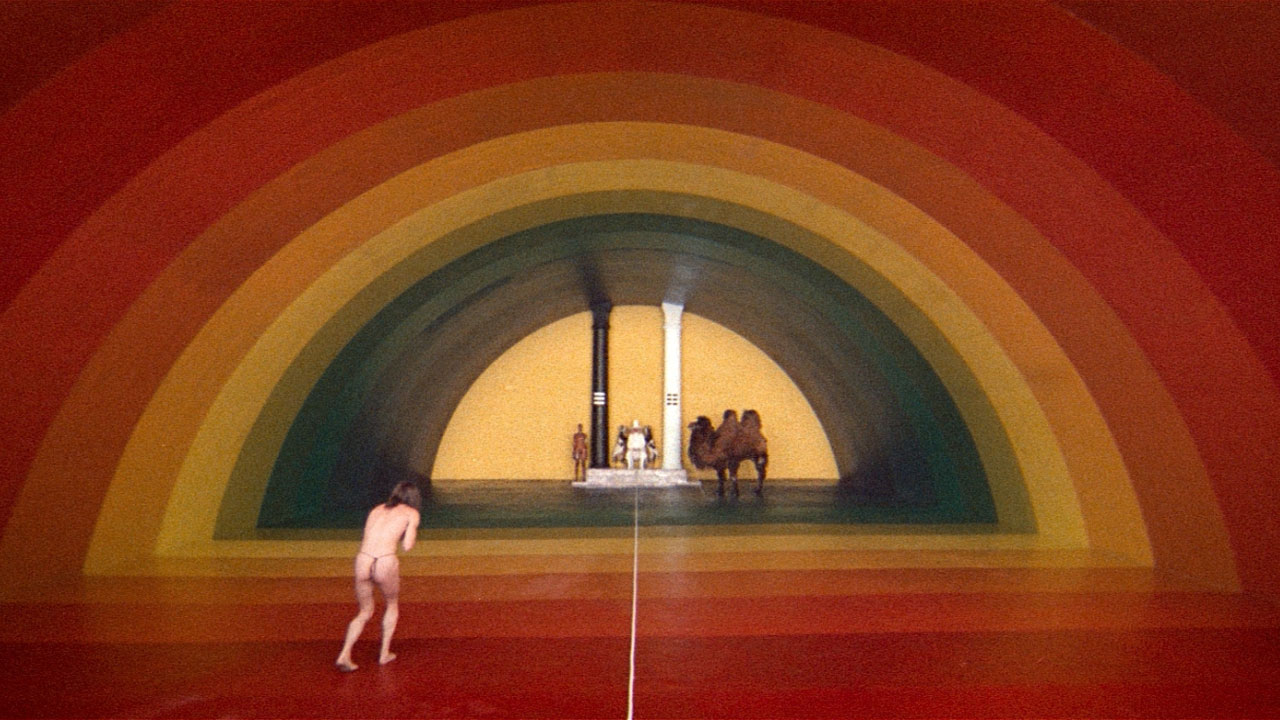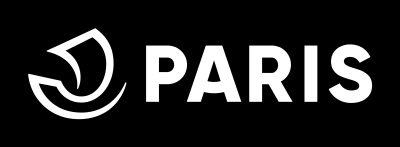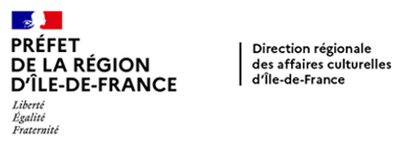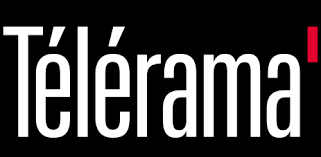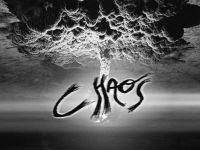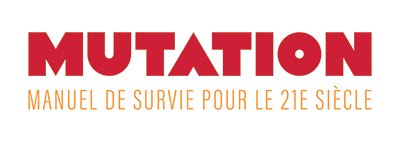
} This section is dedicated to a previous edition of the festival. To get information about the latest edition, please follow this link: HOME
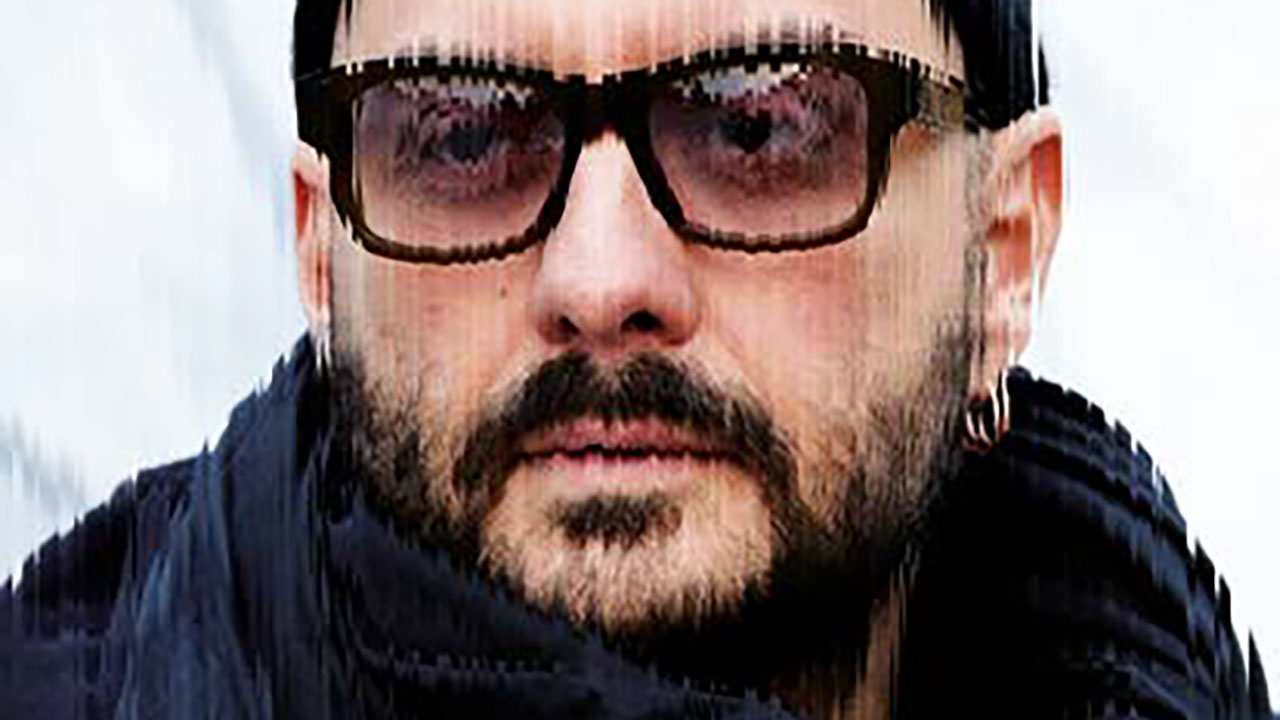
Carte blanche Kirill Serebrennikov
Born in 1969 in Rostov-on-Don (Western Russia), from a Russian doctor and a Ukrainian Russian and literature teacher, Kirill Serebrennikov excelled in physics studies. Before his graduation, he was interested in dramatic arts and directed plays, at first for amateur theaters, then for more renowned ones during the 90s. All the while he also made documentaries for TV, music videos, adverts and other shows, winning several awards. After his appointment in 2012 as director of the Gogol Theater in Moscow, he announced his project to renew the field, and created the Gogol Center in 2013, expanding towards other arts. The venue hosts concerts, screenings and conferences.
A permanent insurgent, Kirill Serebrennikov cries out his indignation, against political corruption, against war, he’s a militant for LGBT rights, or for imprisoned jurist Svetlana Bakhmina and artists Pussy Riot. He lives for a free and subversive art, a perfect example being his brilliant and terrifying The Disciple (2016). By relating a teenager’s mystical crisis, he is able to mirror the workings of religious fanaticism and dictatorial power. 2017 saw the filmmaker’s international recognition with Leto, about Soviet singer Viktor Tsoi, leader of the band Kino during the 70s and 80s. He renewed the biopic genre with a free digressive style in tune with the hero’s punk spirit. Caught up in a public funds embezzlement scheme (the Seventh Studio affair), imprisoned, on house arrest for two years, the filmmaker was not able to go to his film’s presentation in Cannes. When Russian powers want to condemn a dissident voice, they invent culprits. The filmmaker then became a symbolic figure of the oppression of Russian intellectuals internationally.
Still on house arrest in Russia, he remotely directed Parsifal in Vienna, with a striking metaphysical vision. When he doesn’t take part in contemporary creations, he revisits theater and opera classics, adding a sometimes macabre atmosphere that reflects the times and the Russian tragedy. His films are increasingly wild and intense, witness his hallucinating Petrov’s Flu, or the poignant requiem Tchaikovsky's Wife.
Since his departure from Russia at the beginning of the Ukrainian war, Kirill Serebrennikov confirms his status as a hyperactive multidisciplinary artist. His play The Black Monk (adapted from a Tchekov short story) opened the Festival of Avignon in 2022 on the Palais des Papes stage, then was presented at the Chatelet Theater in Paris in 2023, and we’re now eagerly expecting his Lohengrin at the Bastille National Opera on the 23 September and his two next films, adapted from novels, Limonov (Emmanuel Carrère) and The Disappearance of Josef Mengele (Olivier Guez).
